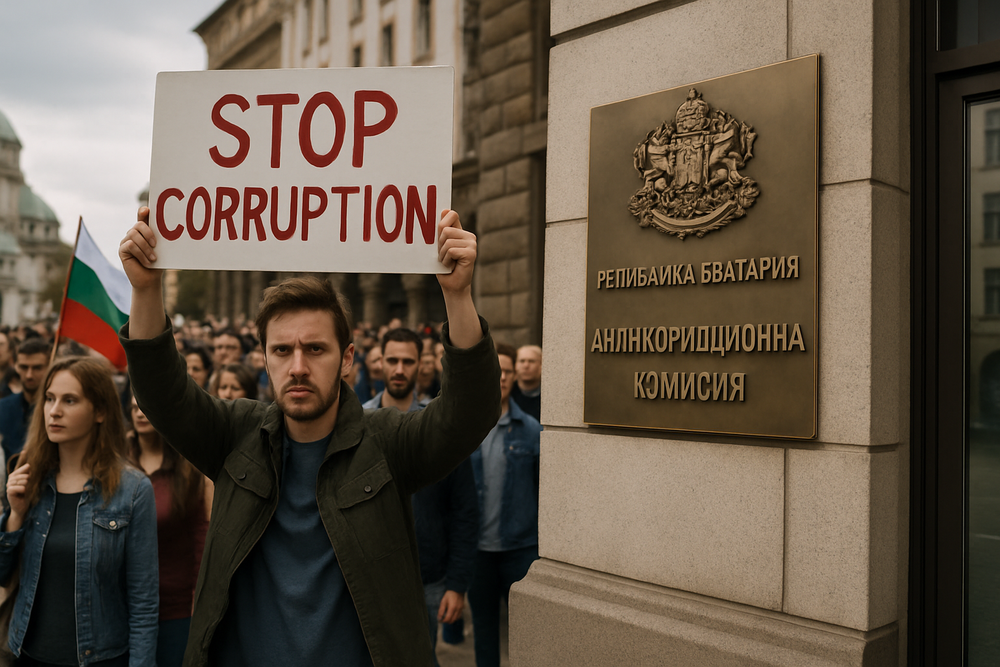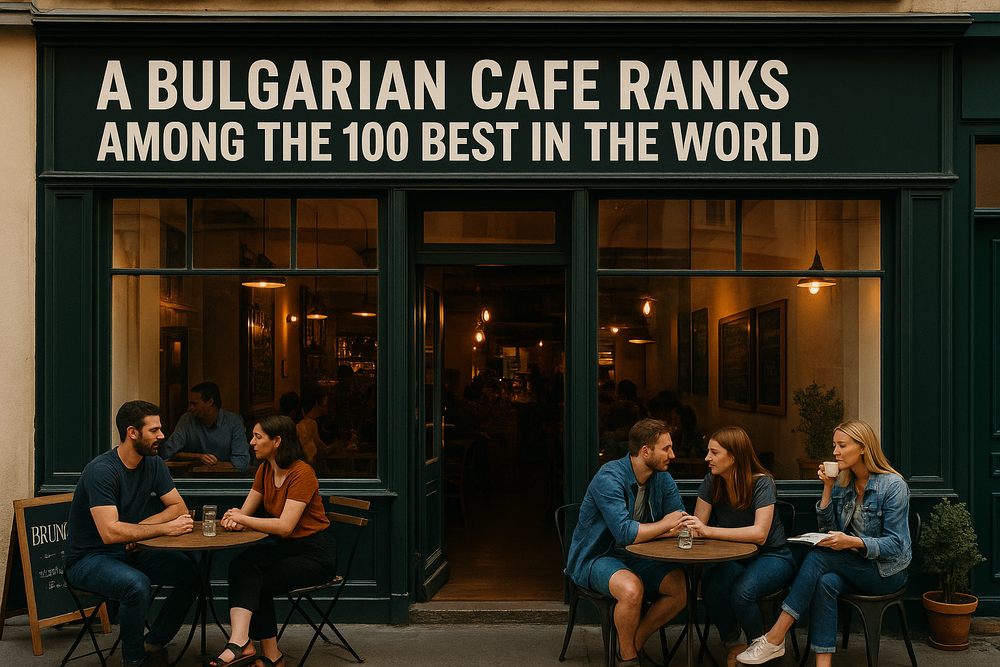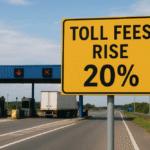
Crackdown on Corruption: Is Bulgaria Finally Cleaning Up Its Act?
For years, Bulgaria has sat at the bottom of EU rankings for perceived corruption, a reputation that has dogged its politics, business climate, and international standing. Since joining the European Union in 2007, the country has been under the EU’s special monitoring mechanism, repeatedly urged to improve judicial independence and strengthen the rule of law. Now, recent moves suggest a renewed push to turn the tide.
In 2023, parliament approved the creation of a Unified Anti-Corruption Commission, merging several fragmented agencies into a single, better-resourced body with investigative powers. This was paired with reforms to allow prosecutors to be investigated for misconduct — a landmark shift in a country where the judicial system has long been accused of shielding political elites.
High-profile cases have also drawn public attention. Several former ministers and business tycoons have faced charges over alleged embezzlement of EU funds, bribery, and abuse of office. While many cases are still in court — and convictions remain rare — the very fact that influential figures are being indicted marks a departure from the culture of impunity that once seemed entrenched.
Public pressure has played a decisive role. Since the summer of 2020, massive street protests have demanded the resignation of officials accused of corruption and have called for sweeping judicial reforms. These demonstrations, often led by young Bulgarians, have kept the issue in the spotlight and made anti-corruption pledges a central theme of successive election campaigns.
The EU has cautiously welcomed these developments, noting incremental progress in transparency and the fight against graft. However, Brussels continues to stress that reforms must translate into consistent, final convictions — not just headline-making arrests. Critics warn that without structural change in the judiciary, anti-corruption drives risk becoming tools for political score-settling.
Economically, tackling corruption is not just about ethics. Foreign investors remain wary of a market where backroom deals can outweigh fair competition, and where public procurement is seen as vulnerable to manipulation. Cleaning up the system could boost confidence, improve Bulgaria’s business climate, and unlock more EU funding for infrastructure and innovation.
Whether this moment signals a lasting transformation or another short-lived campaign will depend on political will and civic engagement. For now, the signs are mixed: institutional reform is underway, public scrutiny is high, and some legal battles are breaking long-held taboos. Yet the true test — a steady stream of impartial convictions at the highest levels — is still ahead.
In the streets, on social media, and in parliament, the message is clear: Bulgarians are no longer willing to accept corruption as an inevitable fact of life. The question is whether their leaders can match that determination with lasting action.





